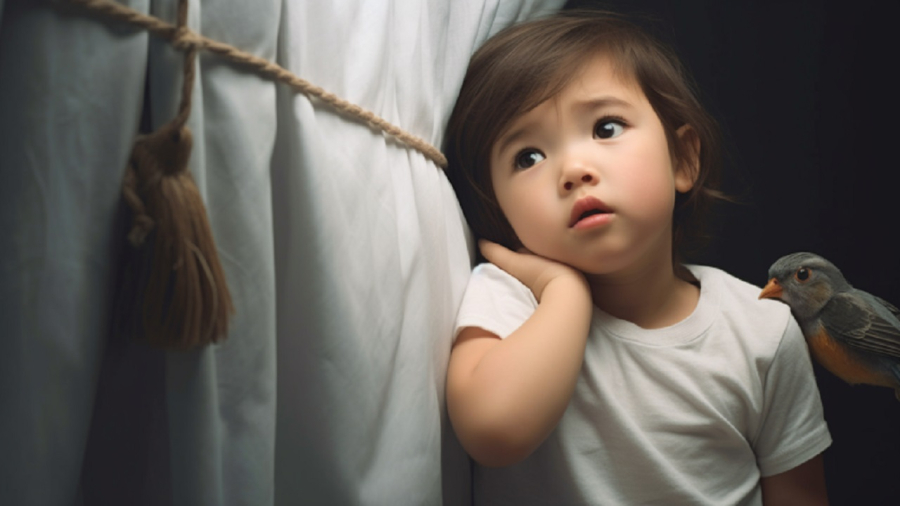Renowned psychologist in the China – Ms. Li Mai Can, in one of her lectures, analyzed the difference between children who speak a lot and those who speak less. Li spoke, “You will see that any child who can speak can make friends very quickly. Whereas children who are not good at speaking will just stand still, hold their toys and watch their friends play happily from a distance.”
There are two types of children that we often encounter in life. The first type is children who speak a lot, like to share their thoughts and experiences. The second type is children who speak less, tend to listen to the opinions of others. It is easy to distinguish between these two types of children. Their lives after 20 years will also have a noticeable difference.

Children who speak a lot
Children who speak a lot tend to interact better with others, have a wider social network, and often receive help and support from others. Because they speak a lot, their minds are more active and they are curious about new things. Thanks to that, they have many advantages in their studies, work, and life.
But children who speak a lot does not necessarily mean they are good, as they often encounter some problems. For example, being too focused on expressing themselves to the point of neglecting the emotions of others. Besides, children can be too active and have difficulty focusing on tasks.
If you see your child like this, then parents should teach them how to communicate in a way that listens to the opinions of others.

Children who speak less
Children who speak less tend to be more introverted, enjoy being alone or interacting with a few people. They often have deep thinking, perseverance, and patience in their studies.
Scientist Albert Einstein is a typical example of a person who speaks less. In his solitude, he has come up with many great theories.
Like children who speak a lot, children who speak less may encounter some issues such as difficulty socializing due to being too introverted or being misunderstood by others due to being too quiet.
With such children, parents should teach them how to express themselves appropriately and establish good relationships with others.
The difference between children who speak less and speak a lot after 20 years
The difference mainly depends on the characteristics of personality, learning abilities, social skills, and attitudes of children towards life. Most children who speak more have an advantage in their careers.
Children who speak a lot have good personal communication skills, so they can easily advance and develop in the workplace. But if they cannot control their words and actions in time, children are prone to losing the respect of others because they consider themselves the center of attention.
On the other hand, children who speak less may face challenges in their careers. Their introverted nature may make it difficult for them to work in teams. But if children know how to use critical thinking skills, they can still achieve breakthroughs in scientific research, technology, and other fields.
In general, children who speak less and those who speak a lot have their own strengths and weaknesses. Parents need to help their children discover and maximize their strengths, while helping them improve their weaknesses. Only then can children succeed in the future.
5 Bad Habits of Children That Need to Be Corrected Before They Turn 6
Children have numerous bad habits that parents need to discipline. Here are 5 bad habits that should be corrected before a child turns 6 to help them develop a better personality.


































